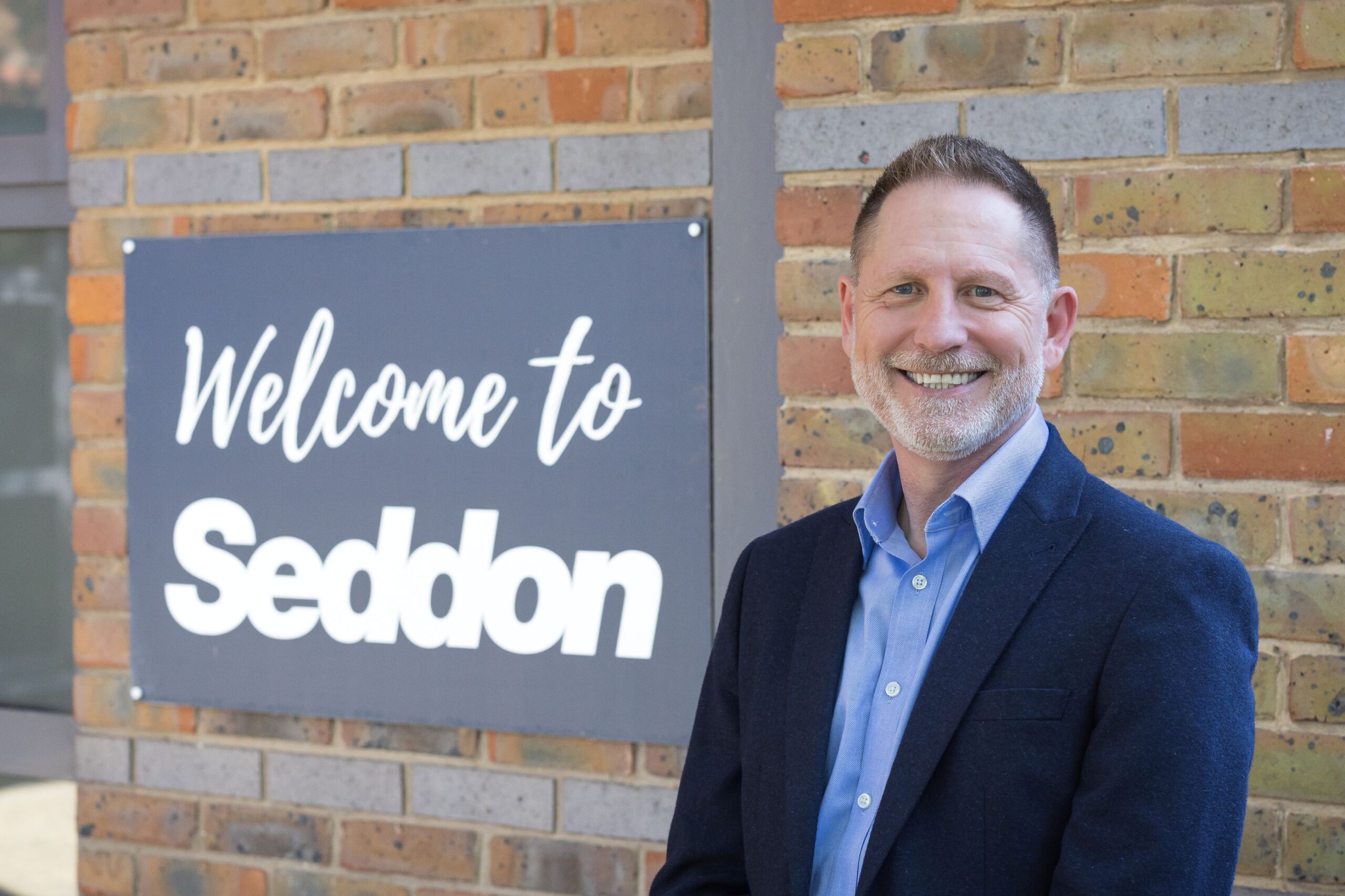Building Long-Term Relationships with Landlords: A Key to Successful Resident Engagement

Written by Emma Williams, Chief Operating Officer at Sero.
Following the approval of Wave 3 funding, landlords should make sure that they are preparing residents throughout the process ensuring they maintain a long-term relationship.
With Wave 3 funding allocation now confirmed, landlords will be busy preparing for delivery, procuring their supply chain, refining strategies to maximise funding, and selecting homes. One crucial aspect to kick-off sooner rather than later is your resident engagement strategy.
It’s not just about documenting the strategy; it’s about actively building awareness among your residents. Inform them not only about the improvements being made to their homes, the duration of the work, and the contractors who will be visiting but also about the significant impact these energy-efficient upgrades will have on their daily lives, including reduced energy bills. Beyond the installation phase, landlords need to ensure that residents feel confident about the changes after the work is completed.
Your strategy will undoubtedly include transparent communication, regular updates, surveys, and resident liaison officers working with your residents. Hopefully, you will also include case studies and have community champions, along with workshops and materials. But have you considered the role of social media and content marketing with your digital marketing teams?
Having educated consumers as a marketer for over 20 years, I strongly recommend you do. Your answer might be, “Well, a lot of our residents aren’t on social media,” but what about their family members, their children, and grandchildren? How can you use social media and great content to educate the whole family authentically and not just those living in the home? How can you start the conversation at the kitchen table or over a cup of tea or a Sunday roast? I don’t know about you, but I’m always educating my parents about things they have heard on the news or from the lady in the corner shop. And my own children are also educating and influencing me!
Leveraging Social Media and Digital Marketing
Integrating social media into your engagement strategy can expand your reach beyond immediate residents. Platforms like Facebook, TikTok, and Instagram offer landlords the opportunity to share educational materials and foster conversations.
At Sero, we’ve seen first-hand how vital it is to educate residents on the advantages of retrofitting, and I strongly recommend that landlords leverage digital platforms and content marketing to build trust and encourage conversation.
Building Trust Through Education
Residents may be sceptical when they hear about significant investments in retrofitting homes, often questioning whether such promises are too good to be true. Clear, accessible content can address these concerns. Landlords need to explain how retrofitting technologies—such as heat pumps, solar panels, and battery storage—work and how they help reduce energy bills, benefiting both residents and the environment.
Landlords can also benefit from engaging with local Facebook groups or similar platforms where residents voice concerns. By actively participating in these discussions, landlords can gain a deeper understanding of the challenges residents face and address them in a transparent and approachable manner. This involvement shows a genuine commitment to the community and improves trust between landlords and residents.
Consider influencer marketing: consumer brands are seeing great results from this tactic, driving both awareness and advocacy. Your influencer doesn’t need to be an A-list celebrity. The key is finding someone who aligns with your residents’ values and aspirations. This could be a local sporting hero, a TikTok creator, or an entrepreneur who grew up in social housing. Their passion for tackling climate change and their ability to educate with authenticity can be incredibly powerful.
Don’t forget about your upcoming green influencers. You might have the next Dominique Palmer, Michaela Loach, or Elizabeth Wathuti within your communities! They should also look to engage with local schools, colleges and universities to find them.
Encouraging Collective Responsibility
While landlords have a responsibility to educate and build trust, residents also play a role in making their homes more sustainable. Small actions—such as recycling or choosing more sustainable products—can make a big difference. By encouraging these behaviours, landlords can help foster a collective sense of responsibility for the environment.
At Sero, we act as an intermediary between landlords and residents, and we are as invested as the social landlords we work with. We understand the challenges each side faces and appreciate that renewable technologies can initially seem intrusive. Still, we know first-hand the long-term benefits they provide—such as lower energy bills and more healthier homes.
By prioritising clear communication, utilising digital tools, and fostering trust, landlords can build long-term relationships with their residents. These efforts will not only create healthier and more sustainable living environments, but it will also encourage broader conversations around a sustainable future.
A well-executed resident engagement strategy is crucial for ensuring the success of retrofitting projects, and the combined efforts of us all will help shift the dial in the right direction for both people and planet.

